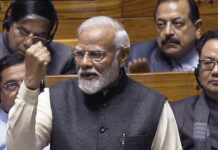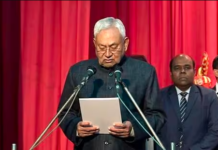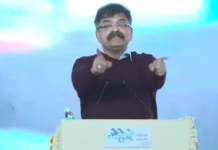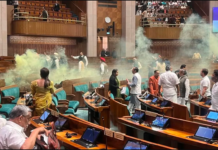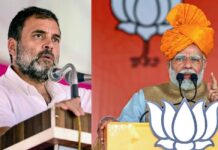After the Uri terror attack on September 18, Prime Minister Narendra Modi is taking a series of steps to isolate Pakistan globally. PM Modi has called a meeting on Thursday with senior officials from the Ministry of Commerce and Industry and the Ministry of External Affairs to discuss the Most Favoured Nation (MFN) status to Pakistan.
India had unilaterally granted the MFN status to Pakistan in 1996 under WTO’s General Agreement on Tariffs and Trade (GATT); though Islamabad never reciprocated. Pakistan had agreed to grant India the MFN status during a secretary-level agreement in 2012, however, it has resisted on the pretext that trade normalisation takes away the leverage Islamabad has over the country. Twenty years later, India now proposes to downgrade Pakistan as a trading partner by withdrawing the MFN status in response to the attack in Kashmir that killed 18 Indian soldiers.
Contrary to what the name suggests, MFN status does not accord any special treatment to fellow trading partner country but commits to non-discrimination in matters of trade. The MFN status is granted by a World Trade Organization (WTO) member country to another WTO member country for equal treatment in terms of trading prices or tariffs, and market access without discrimination in imports and exports.
Both India and Pakistan are trading partners, which means they have to treat each other and rest of WTO member countries as favoured trading partners. If India takes away the MFN status from Pakistan, it will be free to raise tariffs on Pakistani exports. But given the relatively small size of bilateral trade, it may not have a significant impact.
The trade between both the nations has been extremely low and the MFN status will not make much of a difference. According to Assocham, out of India’s total trading business of $641 billion in 2015-16, Pakistan contribute a meagre $2.67 billion. India’s exports to the neighbouring country worked out to $2.17 billion while imports were less than $500 million. This accounts to an overall of 0.83% of the total exports and 0.13% of the total imports of merchandise between India-Pakistan.
Indian traders claim while Pakistan may have nothing to lose, this step will cut off a big alternative market for Indian farmers, especially from Punjab as the major exports from India include vegetables and raw cotton.
Earlier this week, another meeting was held by Prime Minister Narendra Modi to discuss the 56-year-old Indus Waters Treaty on sharing the waters of six rivers with Pakistan. Using water as a weapon, the government has decided there would no meeting of the Permanent Indus Commission set up to overlook implementation of the treaty till “terror is in the air”, and that India would also take a final call on the unilateral part of suspension of the Tulbul water navigation project in Jammu and Kashmir depending on what Pakistan did next. The meeting concluded on the note that India will explore all options to use as much water as it can within the boundaries of the World-Bank brokered treaty, considered one of the most liberal water-sharing pacts.
Post the Uri attack, India is making efforts to squeeze Pakistan bilaterally and forcefully asked the world to isolate Pakistan for nurturing terrorism.
Foreign minister Sushma Swaraj said at the UNGA on Monday that India had extended an unprecedented paradigm of friendship with Pakistan but all it got in return was “Pathankot, Uri and Bahadur Ali, a terrorist in our custody whose confession is living proof of Pakistan’s complicity in cross-border terror.”
PM Modi on Monday bluntly said that “blood and water cannot flow together”.



